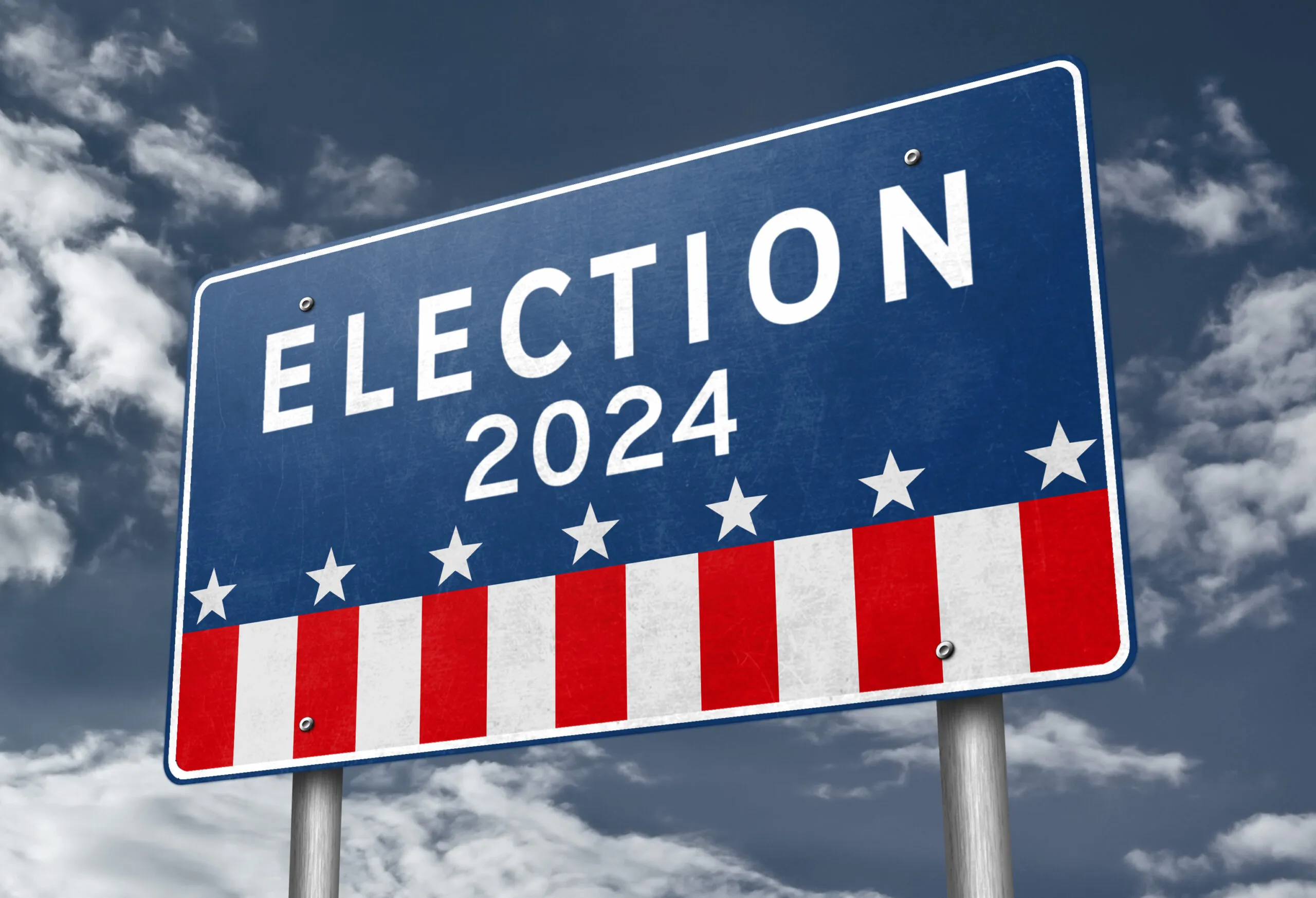20 million gummies a day: Inside what might be America’s largest hemp CBD extractor

ERIE — You’d be forgiven if you took a tour of Zelios Colorado LLC’s back rooms and thought they were a brewery. The dozens of tall, stainless steel tanks connected by pipes and wires seem at first glance like the birthplace of craft beer.
But really, they’re separating CBD and other cannabinoids from hemp plants at a scale that may not be rivalled anywhere else in the country.
In this nondescript business park that’s shared with carpenters and plane hangars, Zelios Colorado now claims to be the biggest white-label extractor of CBD in the country.
THIS ARTICLE IS FOR SUBSCRIBERS ONLY
Continue reading for less than $3 per week!
Get a month of award-winning local business news, trends and insights
Access award-winning content today!



